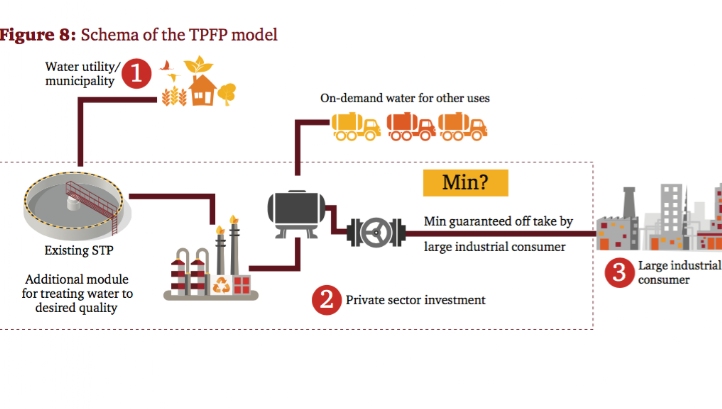PwC India is calling on the country’s state and central governments "to jointly issue a national wastewater reuse policy with clear targets, setting out the legislative, regulatory and financial measures needed to achieve those targets".
PwC sets out the case for adopting wastewater reuse more widely across municipal and industrial sectors in India, and lays out the potential for private company involvement, in a paper focusing on urban water supplies.
“This paper aims to highlight the need for developing wastewater reuse as a sector, identifying the interventions that could help in the development of this sector, and identifying suitable structures that can support implementation of wastewater reuse projects,” said Ranen Banerjee, PwC India, partner and leader public sector and governance.
In the past few years, the Indian government has regulated industrial water consumption and enforced mandatory reuse targets for industry in a bid to meet India’s water scarcity challenge.
The PwC paper, ‘Closing the water loop: Reuse of treated wastewater in urban India’, urges government to go further, and to introduce a national scheme, supporting city-level scoping studies leading to more detailed feasibility studies and preparation of contracts for reuse projects. In its analysis, PwC particularly supports the use of a three-party fixed price (TPFP) model, whereby a utility, developer, and industrial entity enter into long-term contracts for water supply.
